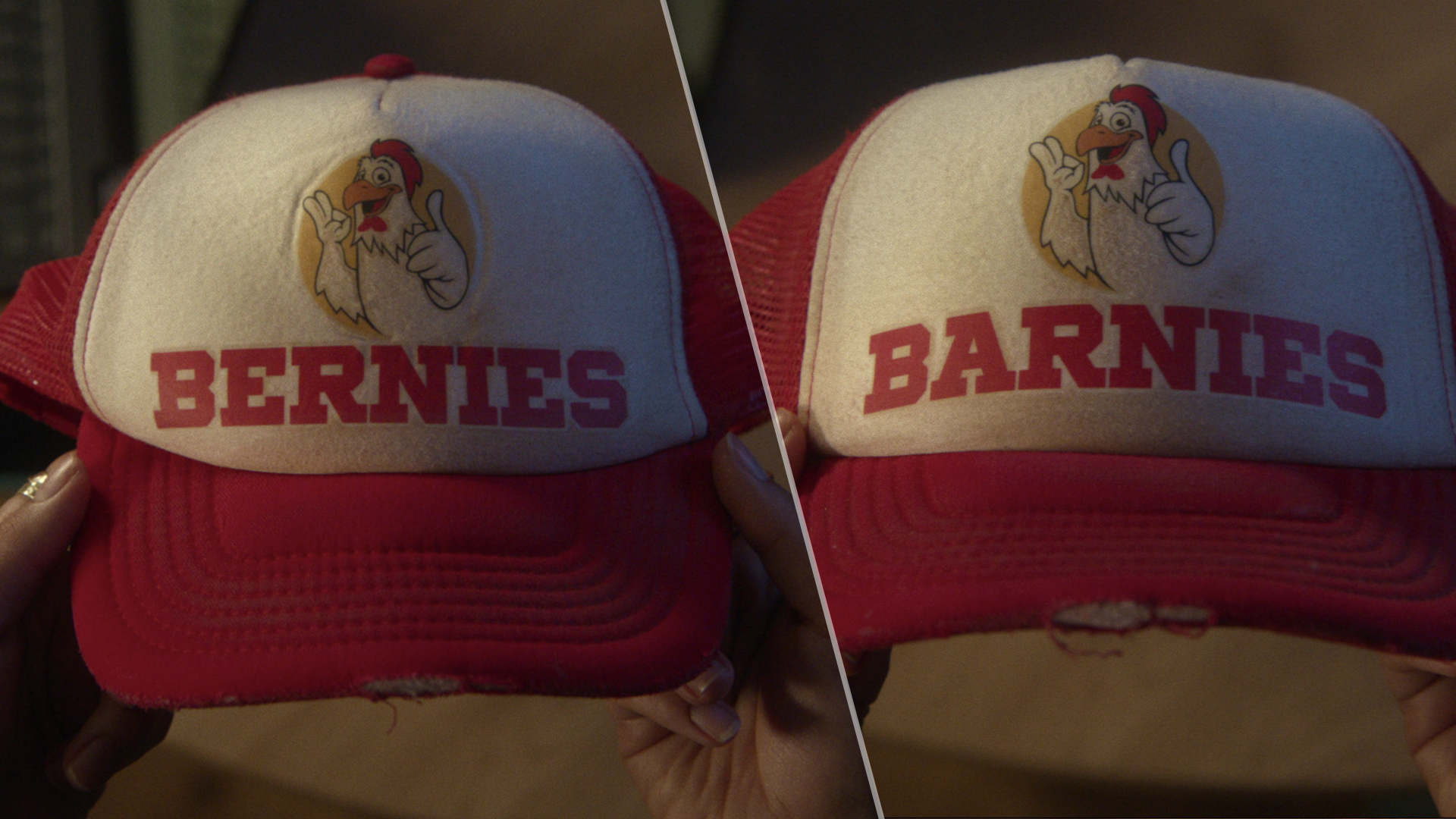Is PayPal safe to use?
It's a popular online payment system, but is PayPal safe to use?
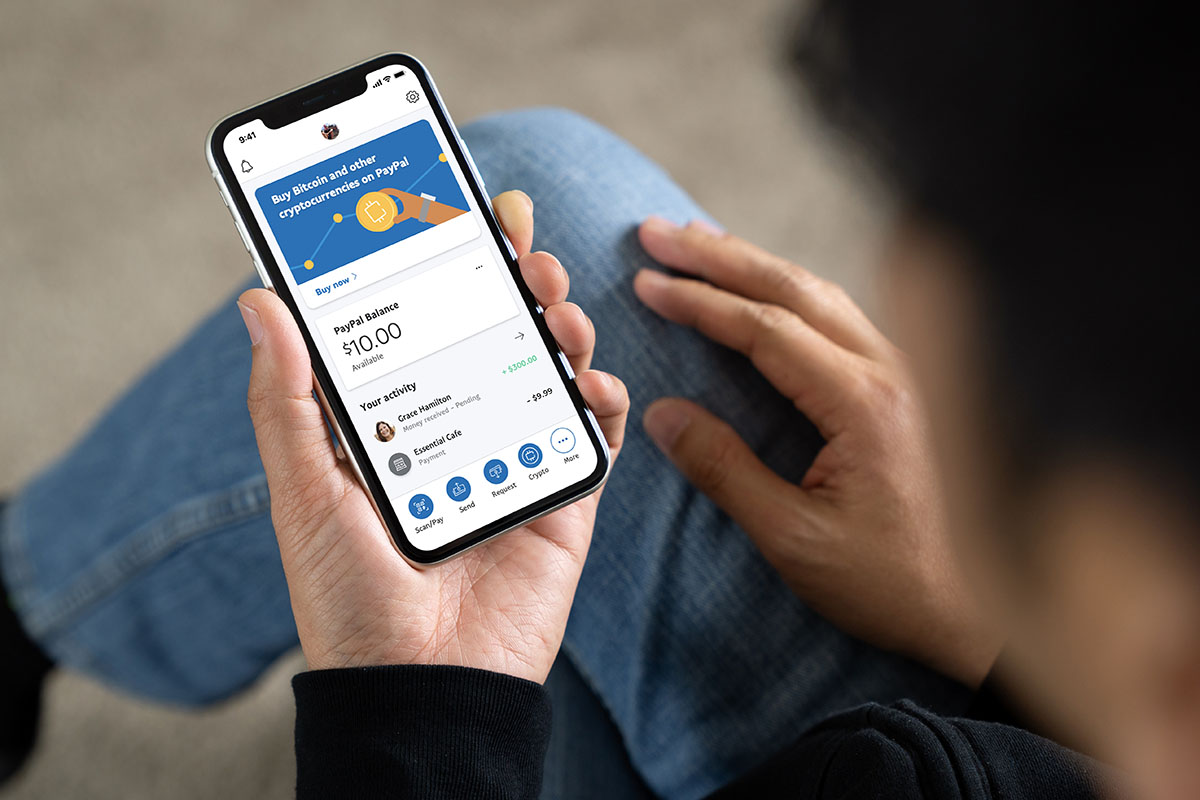
Millions of people use it every day to make payments online but is PayPal safe to use? If you're yet to set up a PayPal account, this may well be the first question you ask. But even if you're one of the company's 392 million active users, you could still be wondering if your financial data is being kept secure and whether you're at risk of fraud and identity theft.
PayPal was founded in 1998 and it certainly created a well-tested and highly-trusted online payments system during that time. Lots of major brands use PayPal for their online payments and it's regularly used to transfer money between friends and family. Most people have also come across it when buying items on eBay. But is it really one of the safest ways to conduct a transaction?
How does PayPal secure transactions?

When you enter the details of your bank account, credit card or debit card (depending on what you want on file), the data is encrypted and stored in PayPal's secure database. Since this is a single online vault, your financial data is only kept in one place rather than across multiple locations. It is regarded as a safer way of retaining your information.
Any transaction you make is also secure. When paying for an item, your financial details are never shared. A seller or someone you're transferring money to will never ever see the numbers of your bank or card accounts. That's one of the main points of PayPal — the fact you don't share actual financial information with sellers or people you transfer money to.
What's more, all transactions are encrypted at both ends using secure sockets layer (SSL) protocol technology with 128-bit encryption. And, as a back-up, every transaction is monitored for anything suspicious day and night. If anything is flagged as odd, a member of PayPal's team is alerted and this helps to protect against email phishing, identify theft and fraud.
Are users protected if something goes wrong?
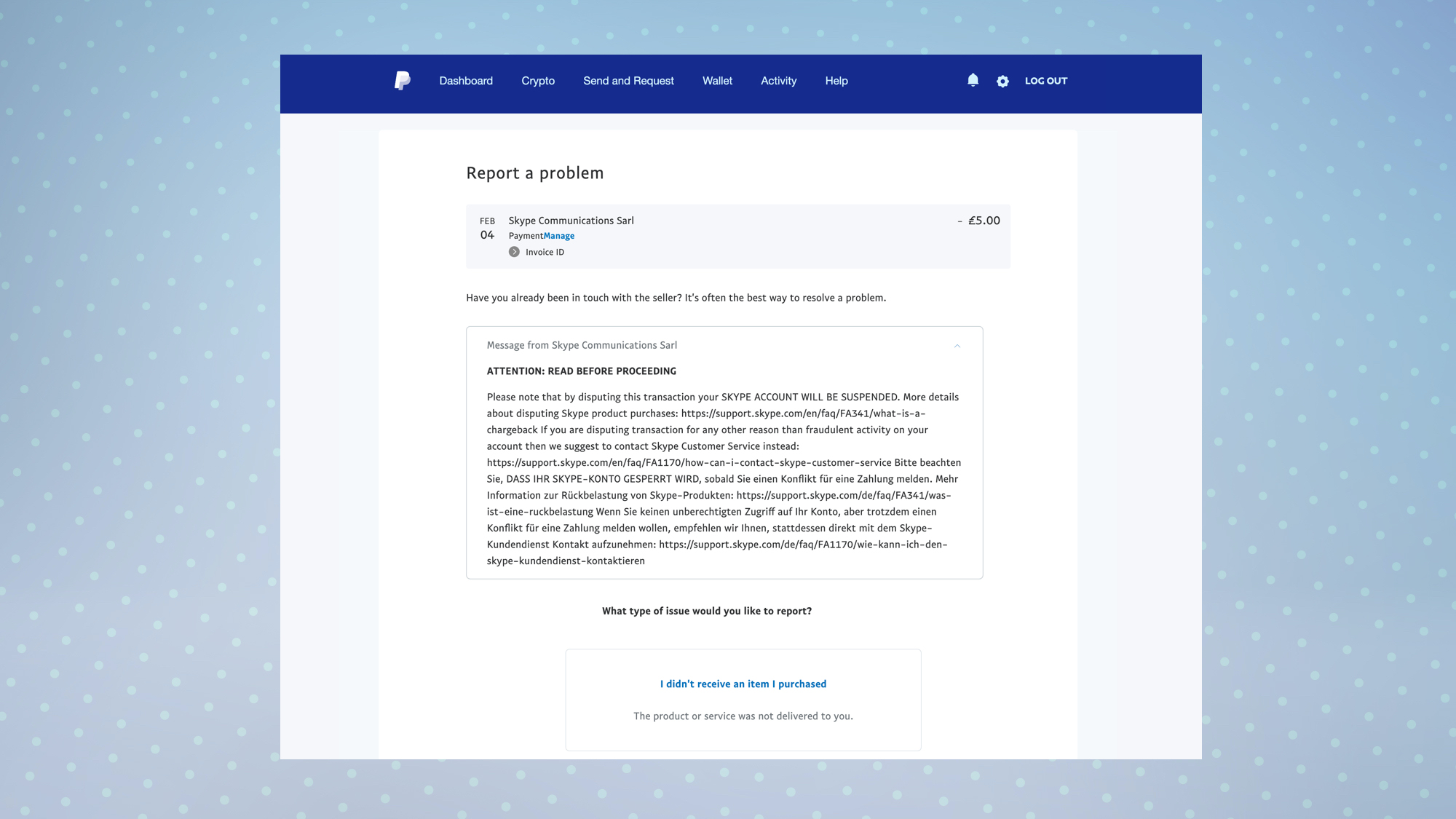
It's all very well having a secure financial system but that, in itself, doesn't protect you if the person you're sending money to turns out to be dodgy. You could legitimately use PayPal to buy an item through an encrypted transaction, only to discover the recipient doesn't intend to send the goods or ends up shipping something of poor quality.
In such a situation, PayPal should have your back thanks to Buyer Protection. We say “should” because not all transactions qualify (you're not covered if you buy a vehicle, real estate, industrial machinery or pre-paid cards, for instance, nor items that violate PayPal's policies). You also need to open a dispute in the PayPal Resolution Center within 180 days of the purchase or payment but it's a nice safeguard, nonetheless. If PayPal finds in your favor, you will be refunded.
Sign up to get the BEST of Tom's Guide direct to your inbox.
Get instant access to breaking news, the hottest reviews, great deals and helpful tips.
Am I protected if I send money to friends and family?
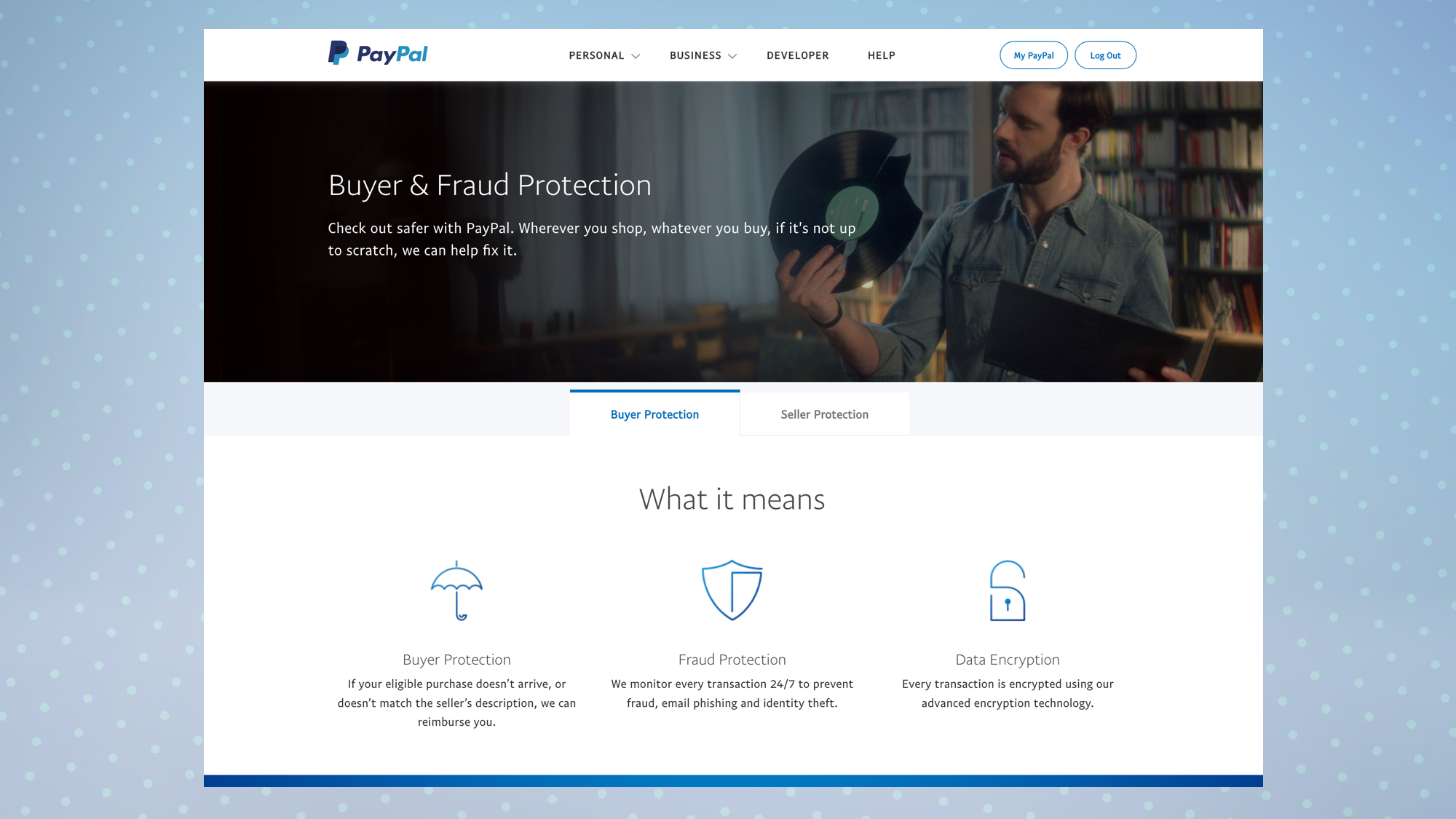
PayPal can be used to transfer money to people you know using the PayPal Friends and Family option. The transactions are just as safe as if you're making a purchase online and they don't attract any fees (unless you're sending international personal transactions).
You may, however, encounter sellers asking you to pay for items and services using the Friends and Family option. Don't! Sellers will be trying to avoid paying PayPal's business transaction fees and while they may tempt you by offering a small discount, be aware that you won't have Buyer Protection. Those transactions should instead always be conducted via the PayPal Goods and Services option.
What if I am selling something?
Again, the transaction will be safe and secure — you won't see the buyer's financial details and they certainly won't see your's. PayPal will protect you if payment has been sent without authorization from a hacked account, for instance, or if a buyer claims they did not receive the item you sent. So long as you have proof that you sent an item and that it was received, you're eligible for Seller Protection.
Should I use a credit card with PayPal?
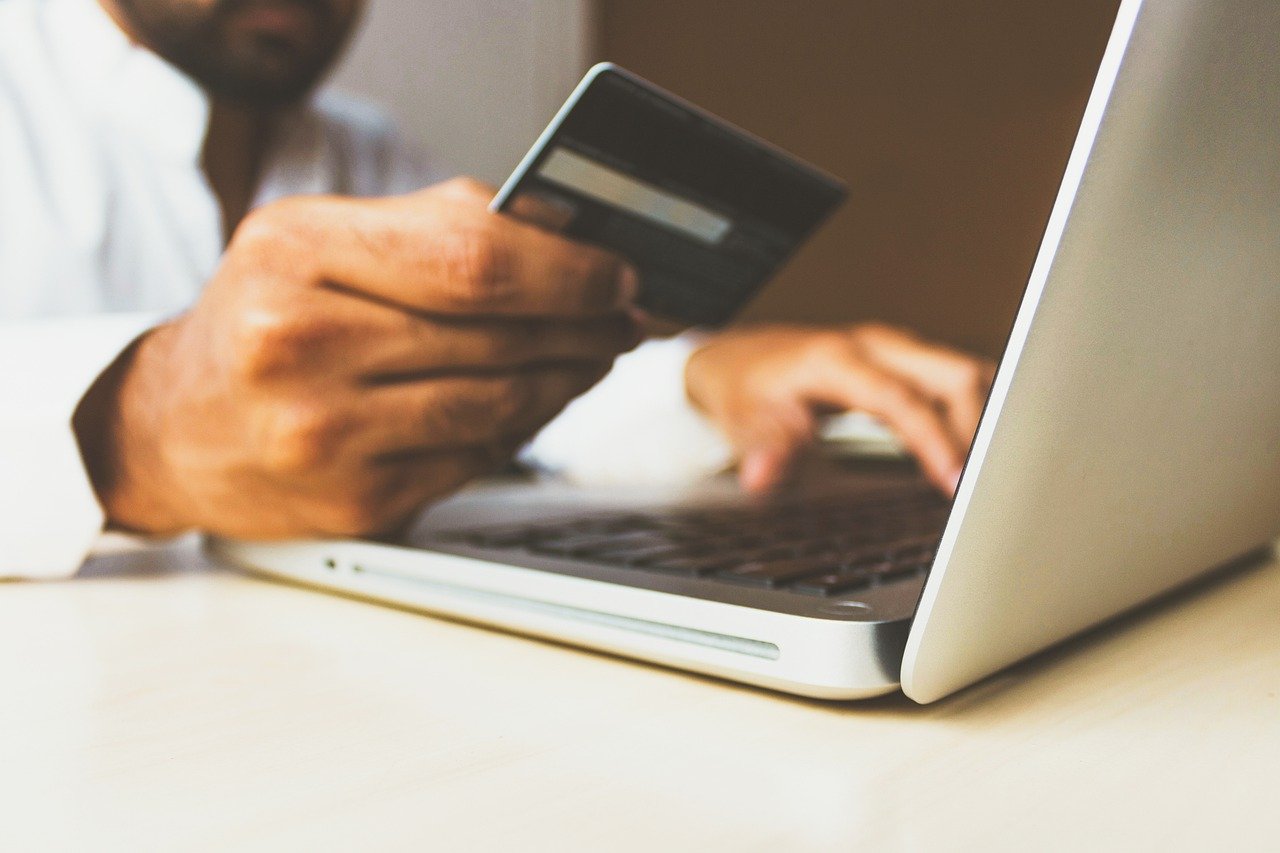
If you can, yes. Although credit card protections don't apply if you're using them via online payment systems such as PayPal, if anything does go wrong, you at least have the option of seeing if your credit card company can help.
By using a credit card, you are also distancing PayPal from accounts that potentially contain a large amount of cash. You'll likely find it easier to sort unauthorized payments made through a credit card than you would if someone ended up taking money from your bank account. And money swiped out of a bank account could land you in a heap of trouble if it leads to missed mortgage payments and so on.
How can I make using PayPal even safer?
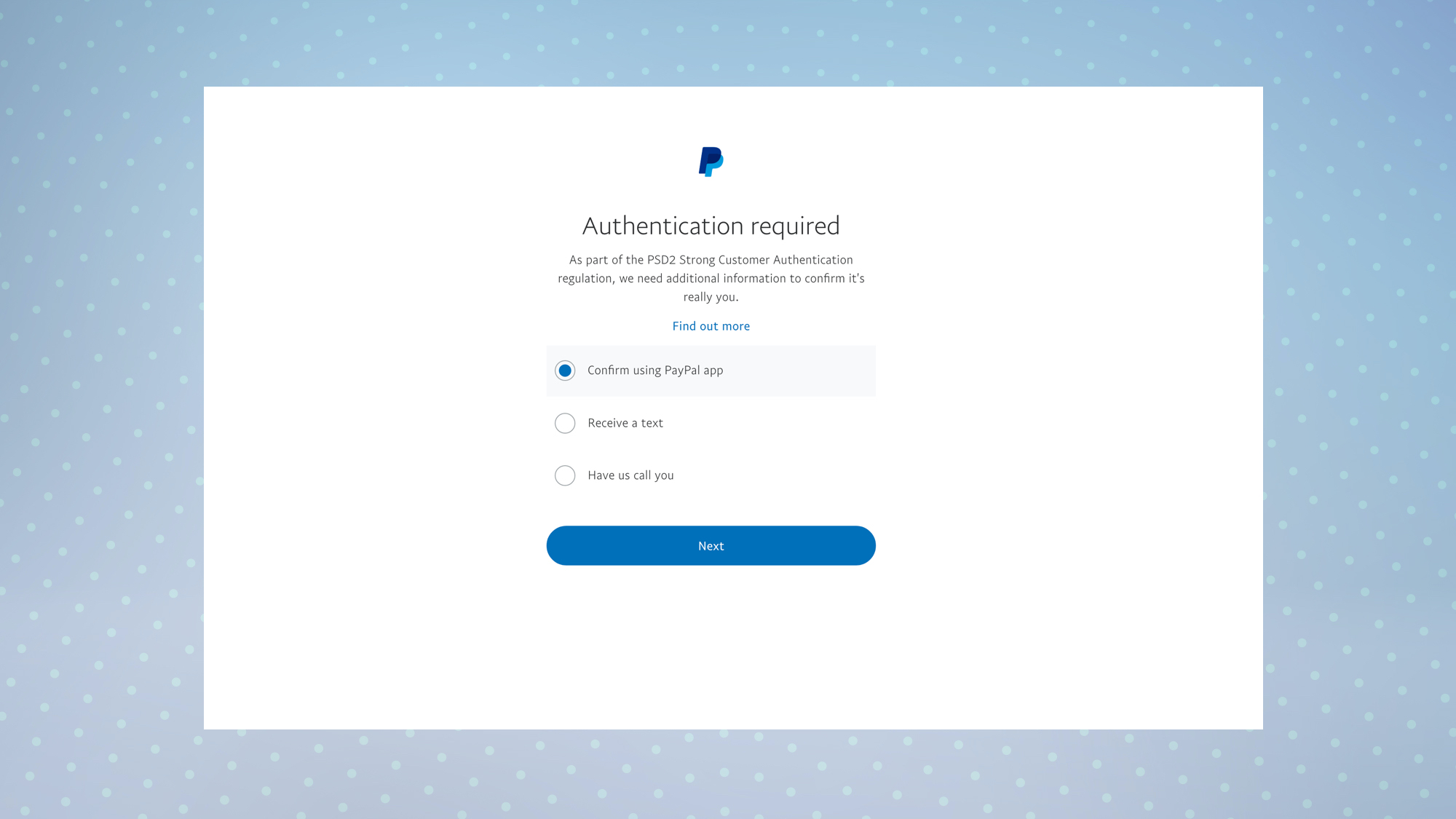
You should also use a complex password rather than something easily guessable and safeguard your login further by registering your mobile phone to use a PayPal Security Key — otherwise known as two-factor authorization. When you login to your PayPal account, a PIN will be sent to your mobile and this adds an extra layer of security.
Regularly check the email address associated with PayPal, too. Emails are sent whenever a transaction is made and if anything looks odd, you can report it with a view to be refunded.
Finally, try not to use PayPal on a public WiFi network unless you are using the best VPN service. In general, it's still going to be really difficult for someone to hack your PayPal account but it's better to be safe than sorry (and to be wary of public WiFi in general).

David Crookes is a freelance writer, reporter, editor and author. He has written for technology and gaming magazines including Retro Gamer, Web User, Micro Mart, MagPi, Android, iCreate, Total PC Gaming, T3 and Macworld. He has also covered crime, history, politics, education, health, sport, film, music and more, and been a producer for BBC Radio 5 Live.
